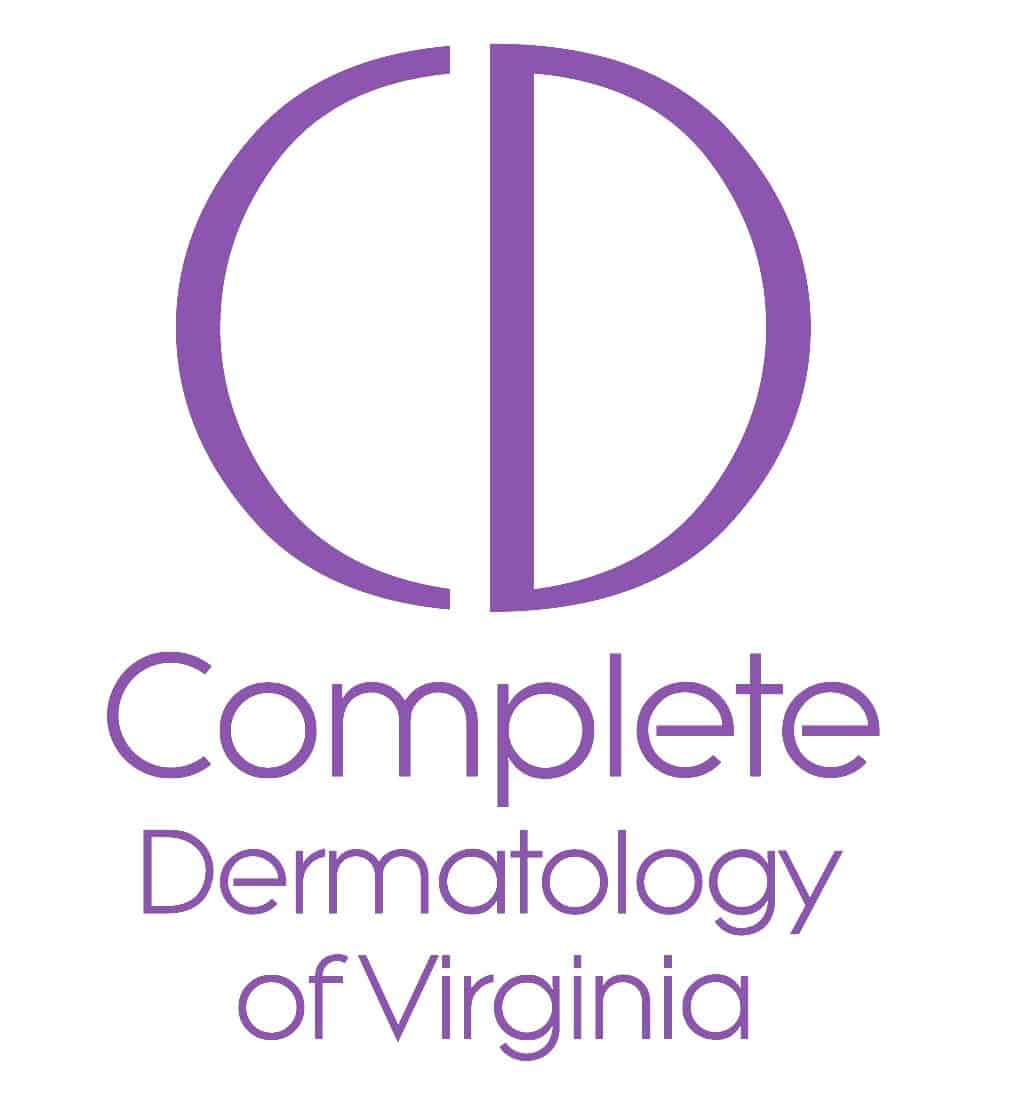What is rosacea ?
Rosacea is a common skin condition, where there is inflammation of the cheeks, nose, forehead and/or chin. Additionally, rosacea can affect the eyes in some individuals.
Who gets rosacea ?
Most commonly those who get rosacea are middle aged to older adults.
How do I know if I have it ?
Rosacea often presents as pink papules or plaques on the cheeks, nose, forehead, and/or chin, usually with some small dilated vessels in these areas. It is often aggravated by certain triggers, such as sunlight, warm drinks, spicy foods, and/or alcohol.
How can I treat it ?
You can treat your rosacea by avoiding the factors that trigger it (e.g. by using sun protection whenever possible) and irritating skin product. Because rosacea can alter the skin barrier of the affected skin, it can allow of loss moisture more easily in that area. Therefore, it is important to moisturize regularly with a non irritating hydrating lotion. Metronidazole cream/gel, is a prescription that is often given as first line treatment. Still, there are several other prescription treatments that can help various types and aspects of rosacea. Additionally, a short course of oral antibiotics may be needed, particularly if there is a strong acne component to the rosacea. Finally, if redness is the main component of the rosacea, laser therapy is the more definitive option.
How can I prevent it ?
To prevent rosacea flares, it is important to do regular sun protection, with sunscreen and other forms (e.g. wearing a hat). It is also important to avoid skin irritants and hydrate regularly with a moisturizer. Additionally, while prescription meds are often tapered as rosacea improves, it may be necessary to continue some prescription creams for maintenance.
When should I see a dermatologist about it ?
You can see a dermatologist for your rosacea at any time, to treat it early and to get tips on avoiding future flares. It is particularly important to come in for this if it is not improving or resolving, or if you continue to get repeated flares. If this is the case, it may not be rosacea after all or may need a different therapeutic plan.
